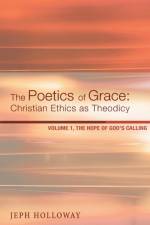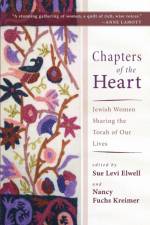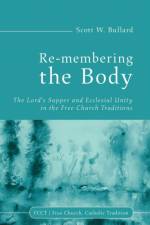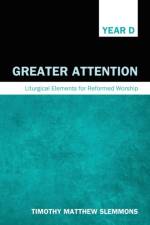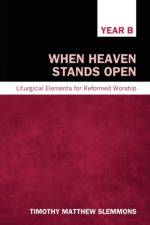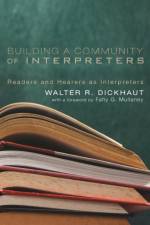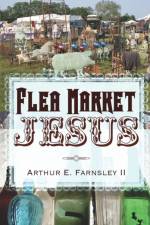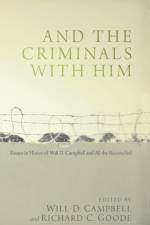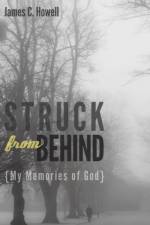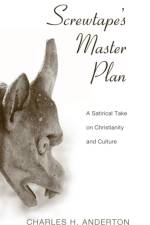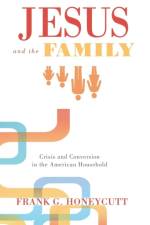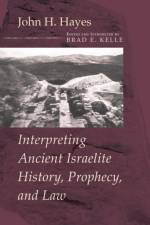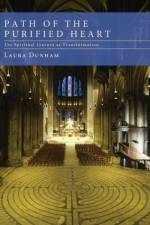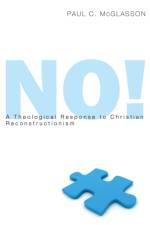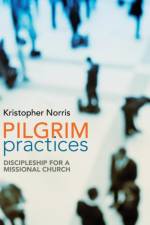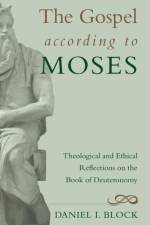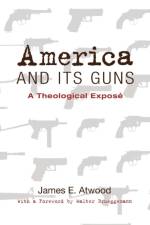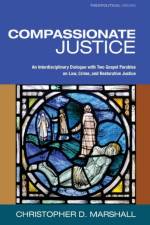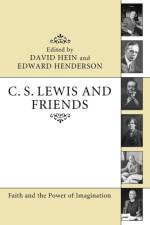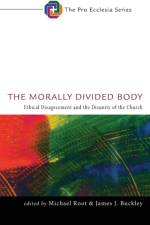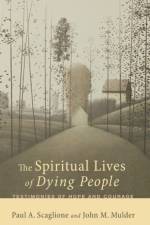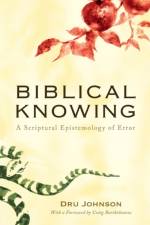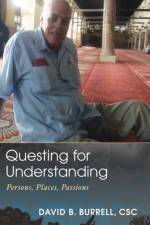47,00 €
Chapters of the Heart: Jewish Women Sharing the Torah of Our Lives invites readers into the lives of twenty women for whom Jewish language and texts provide a lens for understanding their experiences. The authors don''t just use religious words (texts, theologies, or liturgies) like a cookbook. Instead they serve readers something closer to a real meal, prepared with love and intention.Each essay shares one piece of its writer''s heart, one chapter of experience as refracted through the author''s particular Jewish optic. The authors write about being daughters, mothers, sisters, partners, lovers, and friends. They share their experiences of parenting, infertility, and abortion. One describes accompanying her young husband through his life-threatening illness. Another tells of her daughter''s struggle with an eating disorder. Still another reflects on long decline of a parent with Alzheimer''s. All these writers wrestle with Jewish texts while growing as rabbis, as feminists, and as interfaith leaders. They open their hearts and minds, telling when Jewish tradition has helped make meaning and, on occasion, when it has come up empty. The results are sometimes inspiring, sometimes provocative. Readers will find new insights into God, into Judaism, and into themselves.""A stunning gathering of women, a quilt of rich, wise voices.""--Anne Lamott""In these unforgettable chapters, leading American Jewish feminists tell the truth about their lives. This is the ''Torah of your Mothers.'' Recommended for men and women alike.""--Jonathan D. Sarna, Brandeis University ""Here are twenty marvelously articulate, candid, brilliant, thought-provoking responses to the question, how does your spiritual understanding and practice support you in times of challenge? They are the voices of contemporary Jewish women, but the issues they address are universal. . . . This book will be a solace to everyone who reads it.""--Sylvia Boorstein, author of It''s Easier than You Think""With tact and wisdom, the authors of this collection of essays, more than half of them rabbis, chronicle their personal experiences of choices and challenges facing women everywhere, addressing each through the spiritual and cultural resources of the Jewish tradition, not prescriptively but in individual voices, each suggesting discovery or creativity and a path of growth. This is a book for all seasons.""--Mary Catherine Bateson, author of Composing a Life""These essays beautifully express the power of Jewish tradition to inspire and sustain a life rich in meaning. Yet, their profundity transcends the bounds of Judaism, speaking wisdom to readers of diverse traditions and cultures.""--Mary C. Boys, Union Theological Seminary""Reaching deep into their wise hearts, these women harvest words of healing, joy, sorrow, rage, and delight--nothing less than the fullness of life--which they then gift to us, their readers. Torah lives anew in each of these powerful echoes, and the insights you find here may well change your life.""--Rabbi Brad Artson, American Jewish UniversityINSIDE:""This book is a beautiful, profound, and deeply touching addition to the body of spiritual writing that heals and reveals ourselves to us in our full humanity. Nothing moves me more than women telling the truth about their real lives--their families, relationships, choices, inspirations, losses, transformation, survival, their histories and their immersion in the now. And these writers are a stunning gathering of women, a quilt of rich, wise voices.""--Anne Lamott, author of Traveling Mercies""When I put this wonderful and wise book down (having read it straight through), I felt an unusual feeling: stirred up, but contemplatively so. Chapters of the Heart is for anyone who wants to find the holy in the ordinary, for anyone who wants to read the sacred texts of her own life with more attentiveness, more generosity, and more curiosity.""--Lauren F. Winner, author of Girl Meets God""I

